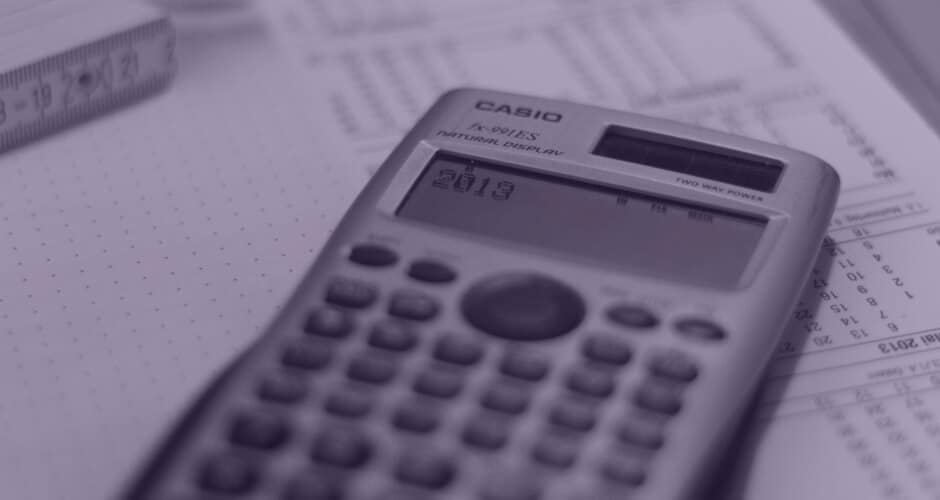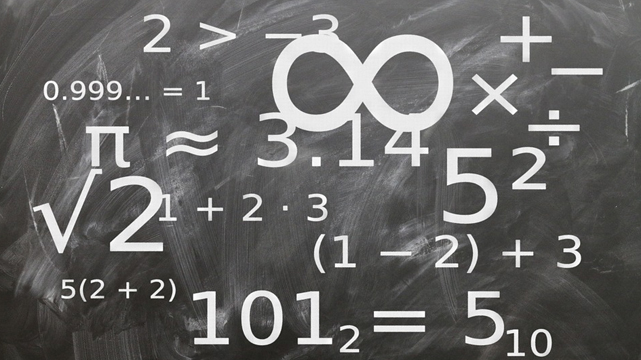Casino Math
Casinos games do have house edges, some high, some low. Blackjack is an exception because it is possible for some players to get the mathematical edge at that game by playing perfect strategyFrank Scoblete is the one of the most popular gaming authors in America. He has released sixteen books, three audiotapes, three videotapes, and his own imprint, the Scoblete Get-the-Edge Guides. Frank's website is www.goldentouchcraps.com and keeping track of the cards that have been played.

University of Akron offer a class on casion mathematics. Statistics can reveal surprising tricks to give players a gambling edge. Players who attempt play craps in their favor can only do so by exerting influence over the results of their throws. This is called many names, rhythmic rolling, controlled shooting, precision. At Probability Gaming, our core focus is on offering customized solutions for game design and development for Online Real money, Landbased and Social Casinos. Our team takes pride in coming up with.
The mathematical underpinnings of all the other casino games rely on randomness; as in the spin of a roulette ball; the random shuffling of cards, usually by machine, at Let It Ride and Caribbean Stud before dealing out only a single round; the throwing of dice against a back wall to deflect and make them randomly bounce hither and yon. Randomness is the key to these games and the math is based on a random distribution of results. Given such a random distribution of results, in the long run the casinos must win, as they rarely pay off bets at the true odds.
However, in craps if the game is “derandomized,” the mathematical underpinnings of it must change.
Take a simple example. The 6 comes up five times for every six times a 7 comes up.

The casino gets its edge on a 6 Place bet by paying $7 for every $6 wagered.
For a $6 player, the house loses five bets (total loss: $35) but wins six bets (total win: $36). The house wins $1 for every 11 decisions on the 6.
But what if a player were able to change the game so that the 6 and 7 come up the same number of times, say, six times each?
Now the casino loses $42 on the six times the 6 appears, but only wins $36 on the six times the 7 appears. Suddenly the player has flipped the game in his favor big time.
Players who attempt to flip the game to favor them can only do so by exerting influence over the results of their throws. This is called many names, rhythmic rolling, controlled shooting, precision shooting, but all these names mean one thing – the player is trying to influence the dice so that the result of the game is no longer random.
Casino Math Movies
How is this accomplished? Dice control analysts have isolated eight distinct physical elements for controlled shooting; each one of which must be done with a high level of proficiency for the player to actually gain a real-world casino advantage.
The eight elements are as follows:
1. Table position: Dice controllers must have their “spot” and “stance” for effective throwing. Most dice-control experts recommend learning only four positions so that, with practice, you can become proficient from any one of them.
2. Setting the dice: The initial dice-set that a shooter uses will, if the throw is dead-on accurate, determine which numbers are most likely to appear.
3. Pick-up angle: They angle that you use to pick up the dice will determine whether they stay flat against each other, desirable, or tend to split, undesirable.
4. Grabbing the dice: Coming in with the proper angle will allow a shooter to grab the dice without the dice moving or slipping. Both dice sides must be given equal force or the dice will split.
5. Gripping the dice: Once you have the dice in your hand, how you grip them, the pressure you exert, how many fingers you utilize, will determine how much control you have over them.
6. Delivering the dice: How you utilize your fingers, wrist and arm to make a soft, perfectly pitched throw is similar to how a pitcher will use his fingers, wrist and arm to deliver a baseball.


7. Spin control: How fast the dice spin, how many revolutions they make before hitting the back wall, whether they are mirror images of each other or delayed mirror images will determine the effectiveness of the throw.
8. Controlling bounce: The harder and higher the dice bounce, the tougher it is to control the outcome. The softer they hit the back wall, the less influence the back wall has on the dice.
By way of analogy, if I am going to move an object one inch into a box that is two inches wide and my thrust pushes the object in such a way that it is off one-thousandth of an inch, there will be no trouble getting the object into the box.
:max_bytes(150000):strip_icc()/dotdash_Final_The_Math_Behind_Betting_Odds_and_Gambling_Nov_2020-01-735accb453c8424b9e063c2c14e4edf4.jpg)
However, if I want to land that same object on the moon and I’m off a thousandth of an inch in my initial trajectory, I am going to miss the entire moon. Small changes in the initial conditions have profound ramifications over extended time and space. So we want the initial conditions of a dice throw to be as uniform and solid as we can get them.
If the initial conditions are off, it doesn’t matter how softly you deliver the dice, you aren’t going to have the ability to change the game. The initial conditions, from grabbing, gripping and setting, must be as stable as we can humanly make them to have a chance to make craps a positive expectation for the expert player.
Craps was constructed by the casinos to have a house edge; it was built on a foundation of randomness and probability. But dice control changes all that; by taking your mind and muscles and flipping the game by physical means to favor the player.
Program for analysis and planning results of casino games. An indispensable product for casino management (and for advanced players).
It is helpfull in solving many casino math problems.
It helps to Calculate:
Casino Math Test
- probability of discount give out and its average size (for a specified number of hands played).
- necessary money amount for a game-specific rates.
- Theoretical Gain and Trip Standard Dediation(TSD).
- other casino expense to player such as bar, lottery, bonuses etc.
- real mathematical expectation for given conditions of the game after discount and casino expenses.
- “breakeven point” with probabilities of 66, 95, 99% (Is measured in a number of hands)
And include module for single zero roulette (EV and Dispersion calculator):